Farmer’s Guide to Trucking Regulations available to Ohio Farm Bureau members
The guide includes a farm driver checklist, overview of state and federal regulations and exemptions, CDL qualifications and more.
Read More
Matt Aultman knows all too well what federal dollars flowing into his community mean to the residents of Darke County.
From his county commissioner’s seat in Greenville, he’s tasked with helping sustain and enhance the quality of life for his constituents. As a farmer in a rural county with just over 50,000 residents, he knows how important it is for every person to be counted in the upcoming U.S. Census.

“When people of any county respond to the census, they help the community get a share of the more than $675 billion per year in federal funds that will be spent on schools, hospitals, roads, public works and other vital programs,” said Aultman, a Farm Bureau member who raises corn, soybeans and wheat as well as sheep, goats, rabbits and poultry with his wife, Morgan, and two children, along with other family members.
“Both my wife and I work off the farm,” he said. “I work three days a week as county commissioner and the other days as a feed and seed salesman at Keller Grain & Feed and Feed Operations for Treaty Mill LLC. My wife, Morgan, works as a high school science teacher for Ansonia Local Schools.”
All these jobs are impacted by an accurate census count and this year is a census year. Taking a count of every person in the country is mandated by the U.S. Constitution every decade, and this time it will be easier than ever to be counted. Results of the census impact federal community funding as well as representation at the state and local levels.
Starting in mid-March, information on completing the census will be mailed out to every address in America, with detailed instructions on how to complete the form.
April 1 has been designated “Census Day.” That is the day that the “snapshot” of the country will take place. Everyone is encouraged to count themselves where they are on that day. The census will be able to be completed online for the first time, as well as through the mail and via telephone. Door-to-door census takers will be around in May and June in an attempt to record anyone who has not already been counted.
“The census numbers not only help from a federal fund standpoint, but from an economic development point as well,” Aultman said. “Potential businesses use census data to decide where to build factories, offices and stores in our communities which in turn helps to create jobs. Developers use the census to determine where to build new homes and invest in revitalization of older neighborhoods. Our Emergency Management Agency uses the census for public safety and emergency preparedness. The general public can use the census to support community initiatives involving legislation, quality-of-life and consumer advocacy.”
Recent projects within Darke County that are dependent on the census count include U.S. Department of Agriculture funds to upgrade wastewater plants and water tower facilities, he noted.
“An accurate census count also helps to determine legislative district lines and how we are represented in Columbus and in Washington, D.C.,” he said. “If we are undercounted then the lines get redrawn and we lose representatives and the voice of who we are in our district.”
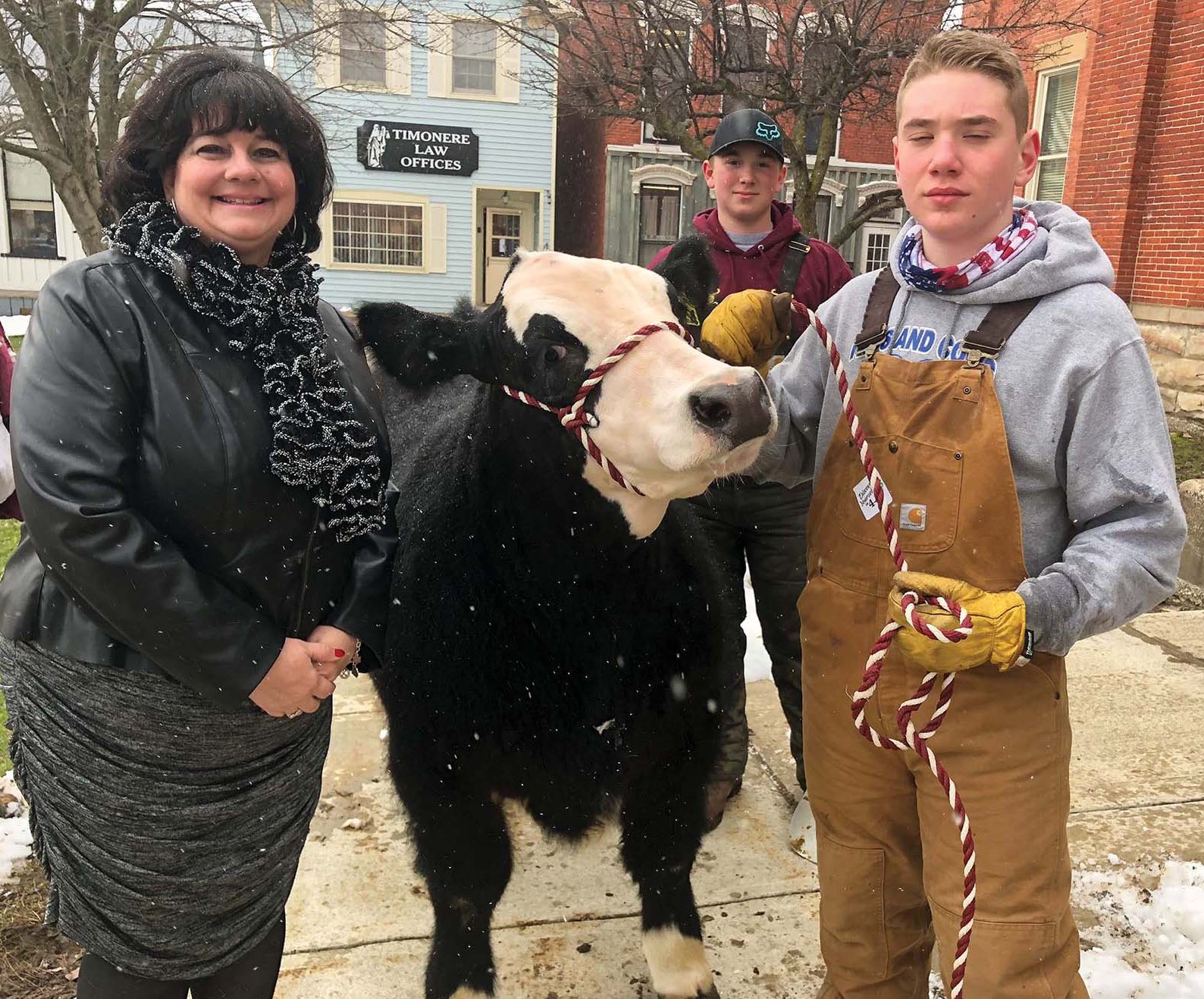
Ashtabula County Commissioner and Farm Bureau member Kathryn Whittington spent years working in children’s services. She said the money provided by an accurate census count goes to basic needs in all counties.
“These dollars come back to our community,” Whittington said, noting that of all the counties in Ohio, Ashtabula is the largest geographically, with close to 100,000 mostly rural residents.
Communicating to rural residents the importance of responding to the U.S. Census and being counted is paramount, so much so that Jefferson County Farm Bureau Vice President John Grafton is serving on Gov. Mike DeWine’s Census 2020 Complete Count Commission to help communicate the importance of the 2020 Census in rural areas.
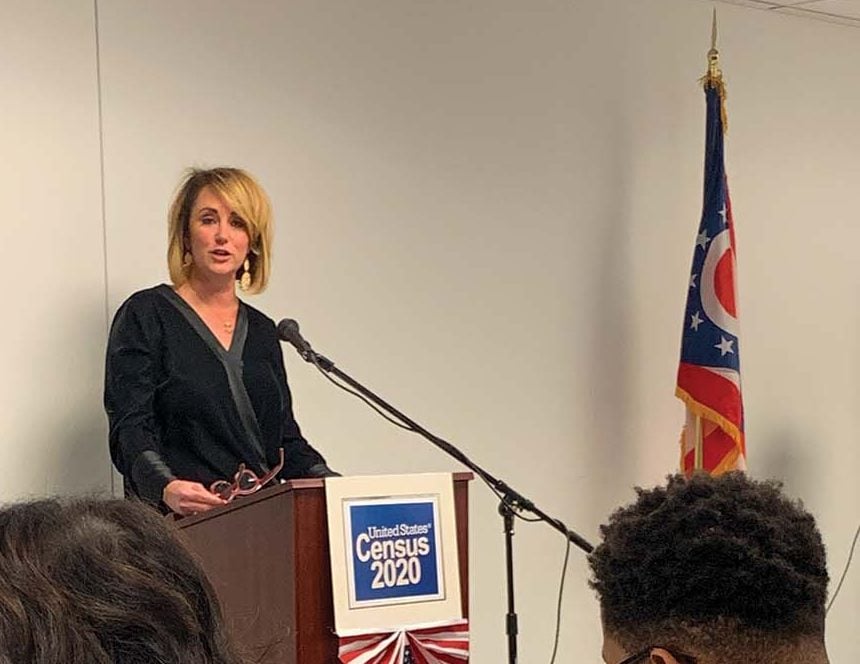
“The census affects every aspect of our lives — our most fragile populations, law enforcement — if everyone isn’t counted we will lose funding,” Whittington said.


The guide includes a farm driver checklist, overview of state and federal regulations and exemptions, CDL qualifications and more.
Read More


ODA will enroll 500,000 acres into the program for a two-week sign-up period, beginning April 22, 2024, through May 6, 2024. Contact local SWCD offices to apply.
Read More

Katie Share of Columbus has been named ExploreAg and Youth Development Specialist for Ohio Farm Bureau.
Read More

Mary Klopfenstein of Delphos has been named Young Ag Professional and Ag Literacy Program Specialist for Ohio Farm Bureau.
Read More

The plan has been updated to give sole proprietors access to more rate stability and a smart solution that offers potential savings on health care.
Read More

The American Farm Bureau Federation, in partnership with Farm Credit, is seeking entrepreneurs to apply online by June 15 for the 2025 Farm Bureau Ag Innovation Challenge.
Read More

Adele Flynn of Wellington has been elected treasurer of the Ohio Farm Bureau Federation and now holds the third highest elected office in Ohio’s largest and most influential farm organization.
Read More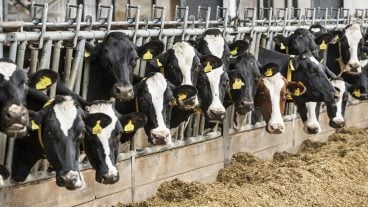
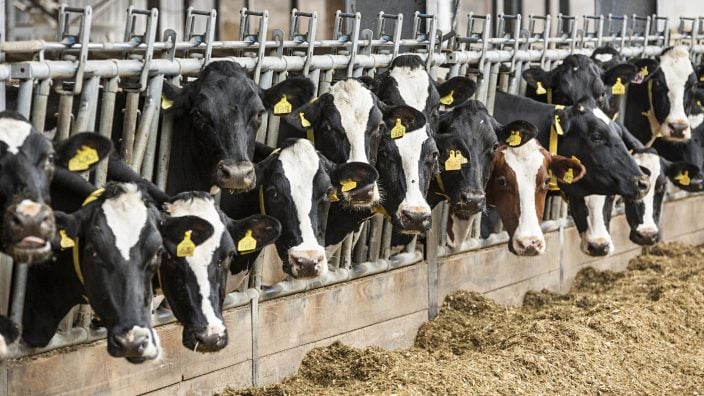
Producers are urged to work with their veterinarian to practice enhanced biosecurity measures and review and limit cattle movements within production systems.
Read More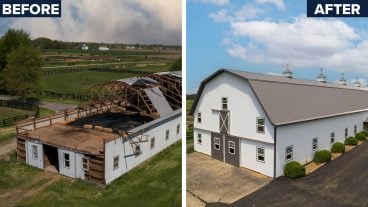
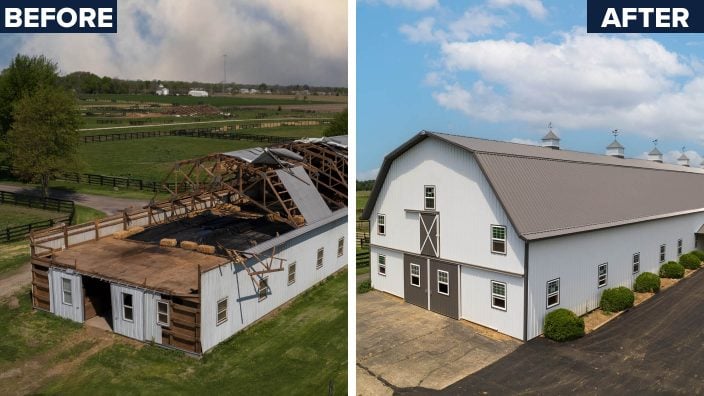
The changing seasons bring with them the need to thoroughly inspect pole barns for any damages that may have occurred during the winter months.
Read More

Hundreds of Ohio businesses and sole proprietors are raving about Ohio Farm Bureau’s Health Benefits plan with lower, predictable costs and easy enrollment and administration options.
Read More